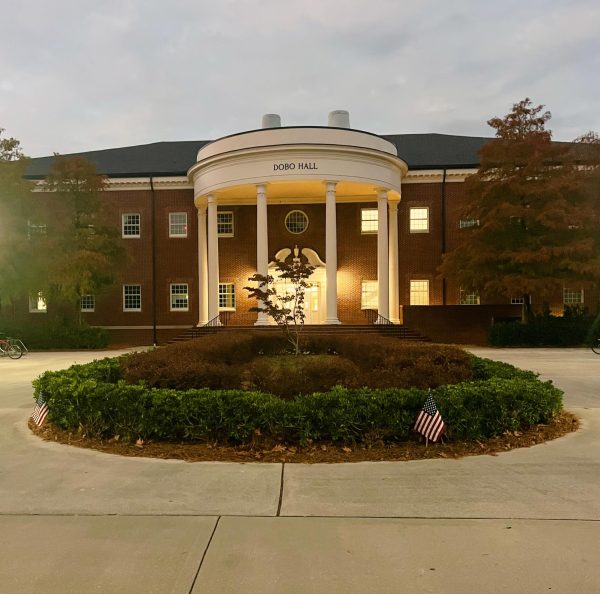
Science, technology, engineering and math are fast-growing and important fields of the future. However, inequality has been mistakenly rooted in the field and requires effort to turn around. This diminishes the potential of the industry because it limits the perspectives that can conduct research, preventing diverse minds from collaborating on complex problems. UNCW is starting to make big strides in helping diminish this problem with its new National Science Foundation funded initiative: UNC by the S.E.A. (STEM Equity Access).
One of only three recipients this year, UNCW has been awarded a prestigious grant from the National Science Foundation Advance program to enhance women faculty in STEM fields and the faculty of UNCW all around. Professor of psychology and Senior Associate Dean at the College of Science and Engineering, Dr. Kate Nooner, the project’s lead investigator, says the National Science Foundation grant will be used to collect information on ways to enhance the success of faculty at UNCW, which is a step towards achieving their goal of becoming a destination employer. The university was specifically chosen for this grant because of their focus on military affiliated and first-generation college students. Many students and faculty in the state are military affiliated and this project will allow proper inclusivity for a large population in the region. Students will connect more with faculty because of their shared backgrounds and will be inspired to see people like them thriving in their field. Collaboration and innovation are at the forefront of the UNC by the S.E.A. project.
The project team includes Nooner, Dr. Ginger Rhodes, professor of mathematics, Dianna Ashe, professor of English and Dr. Satlaj Dighe, assistant professor of Educational Leadership. Nooner recently went to UNC Charlotte, because of their successful Advance program, to gain insight into the steps they took to make it effective. The project team plans to attend an Advance conference and visit Florida Gulf University to collect more data.
The information from outside sources is very beneficial, but it is also important for the team to listen to opinions from UNCW faculty and students themselves. To allow UNCW students and faculty to share their opinions, the team plans to set up focus groups and individual interviews with women faculty, beginning next semester, Spring 2025. Nooner explains that the number of women and men in STEM fields doesn’t exhibit a big gap until later in their careers. Speaking with women who excelled in the STEM field, collaborating with other advanced schools and attending conferences will help the project team create a five-year plan that integrates themes to accelerate the progress of women in STEM.
The National Science Foundation grant marks the beginning of a new journey for women in STEM and faculty at UNCW. With more money for resources and data collection, the university will be able to uncover the best ways to help women advance the vitality of the faculty at UNCW. This will ultimately lead to the advancement of students and the workforce around UNCW because of the resources and insight available to them. This project is going to take time, effort and collaboration, but will be very beneficial for UNCW now and in the future.
This article was last updated on Saturday, Feb. 8 2025.


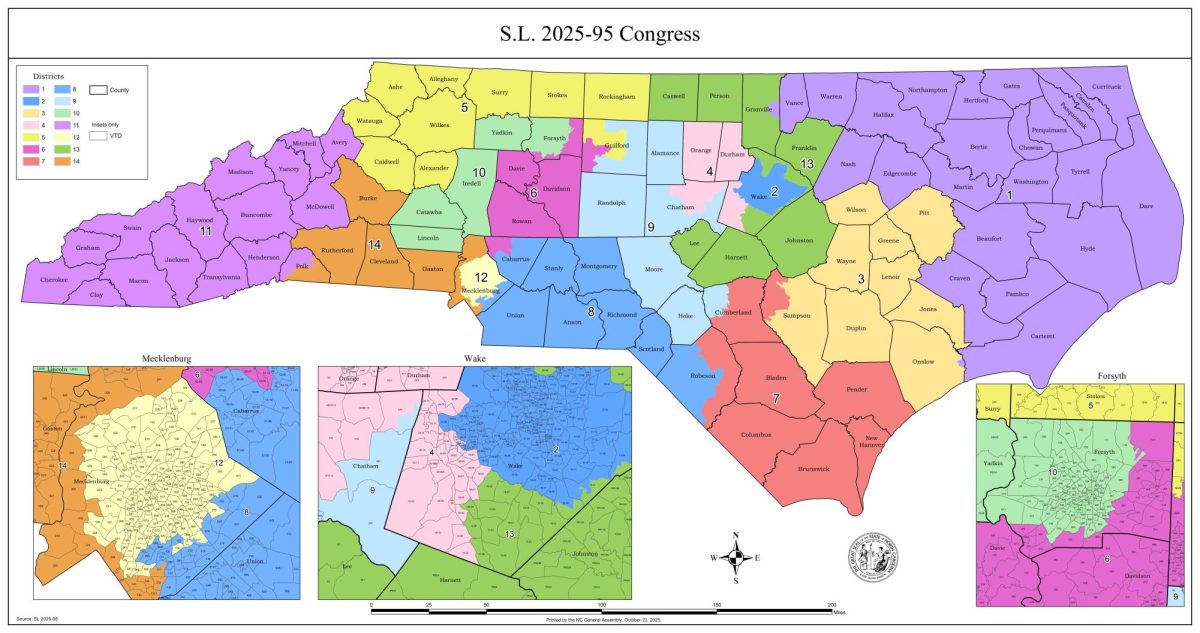
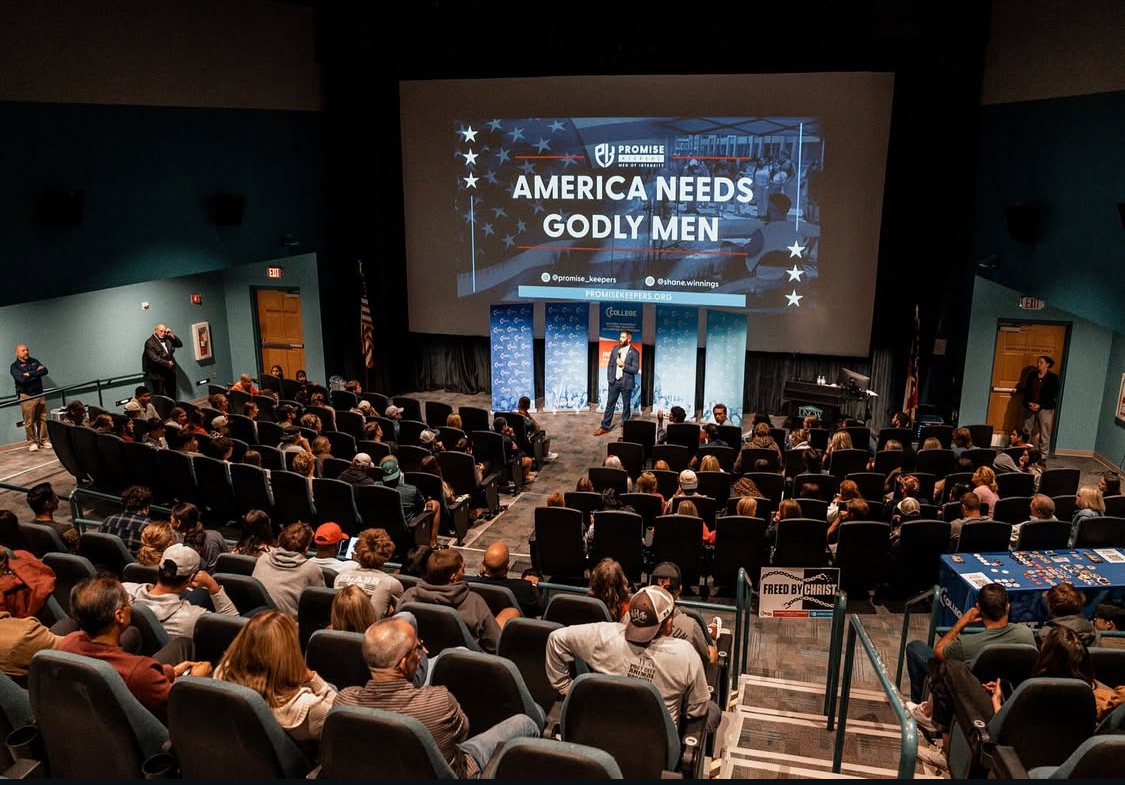
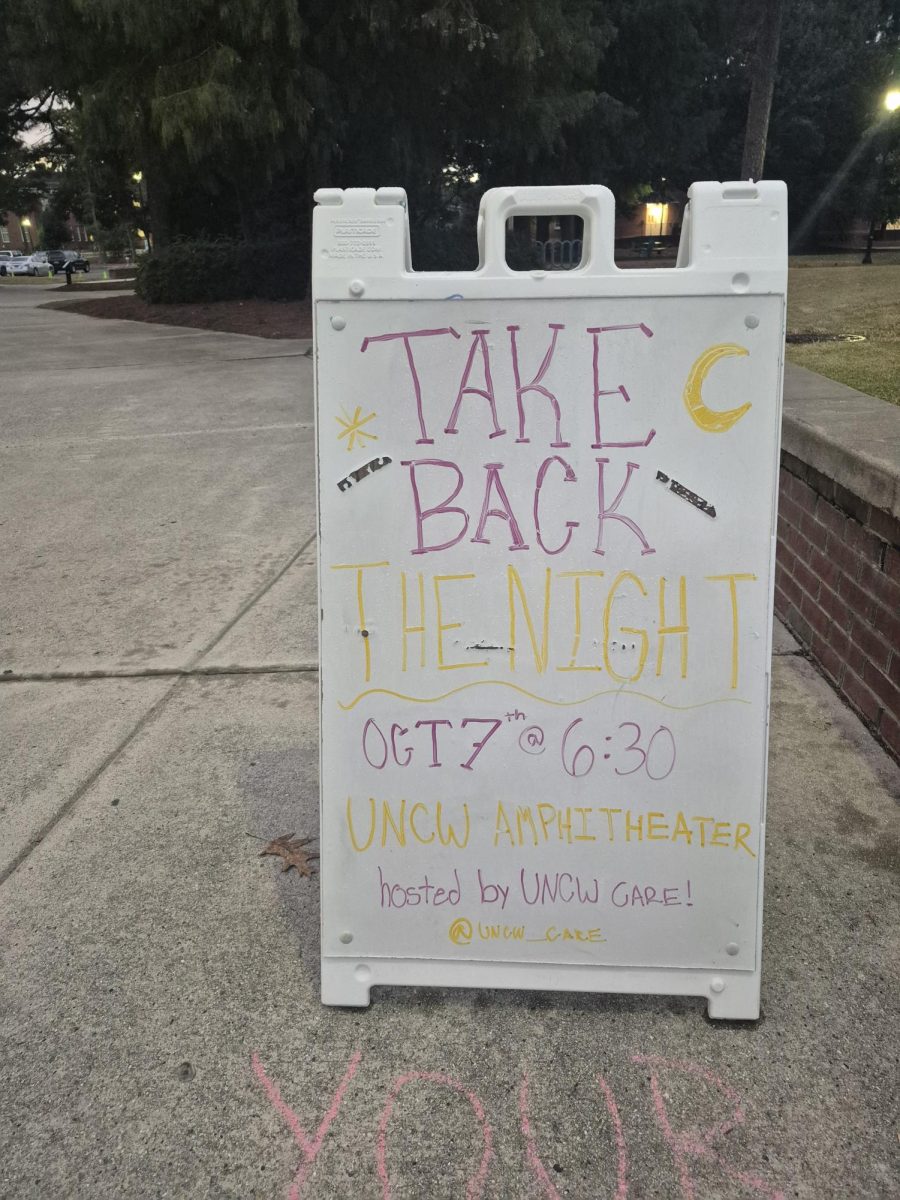
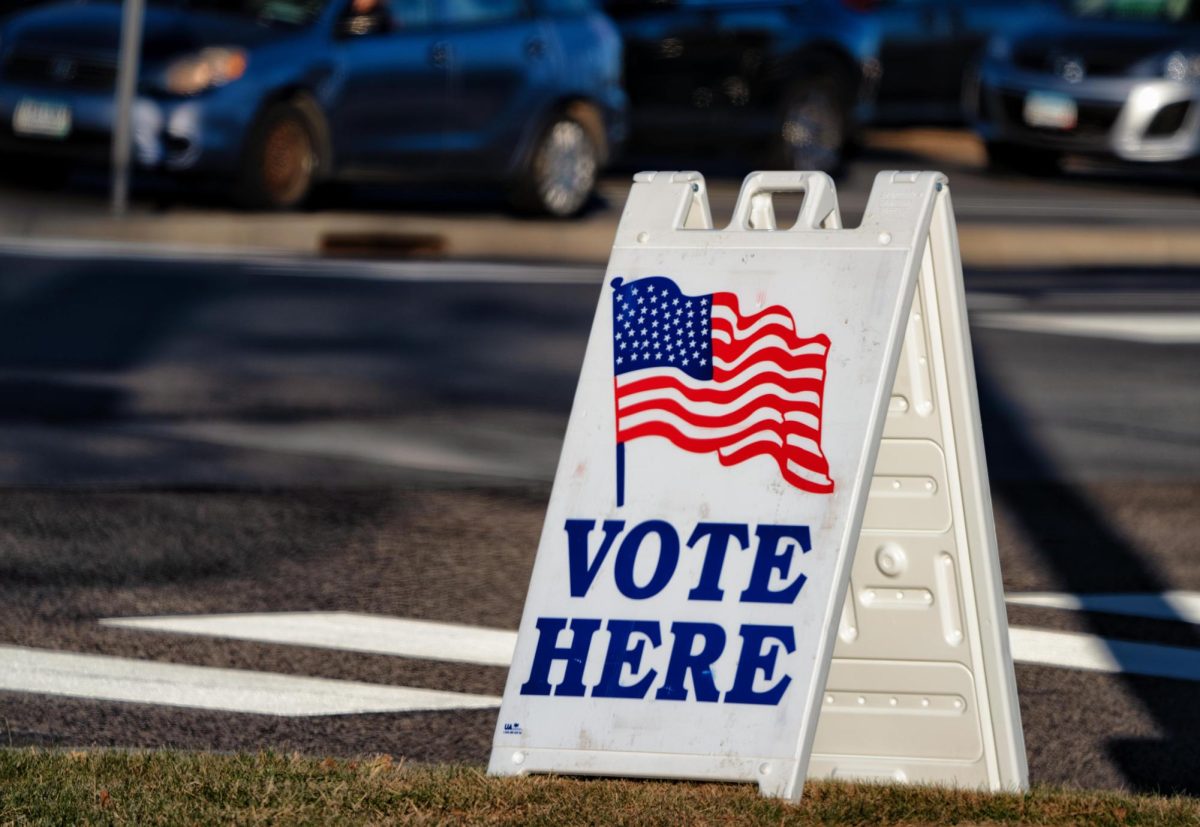
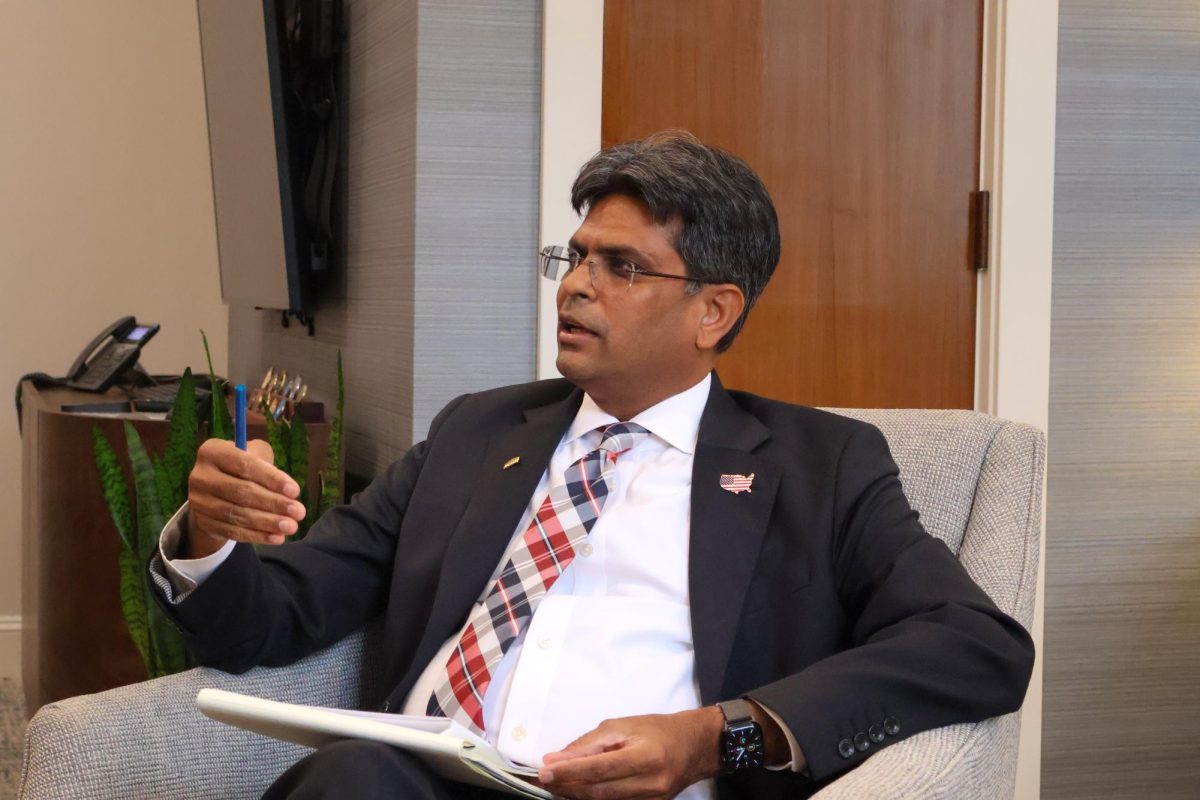
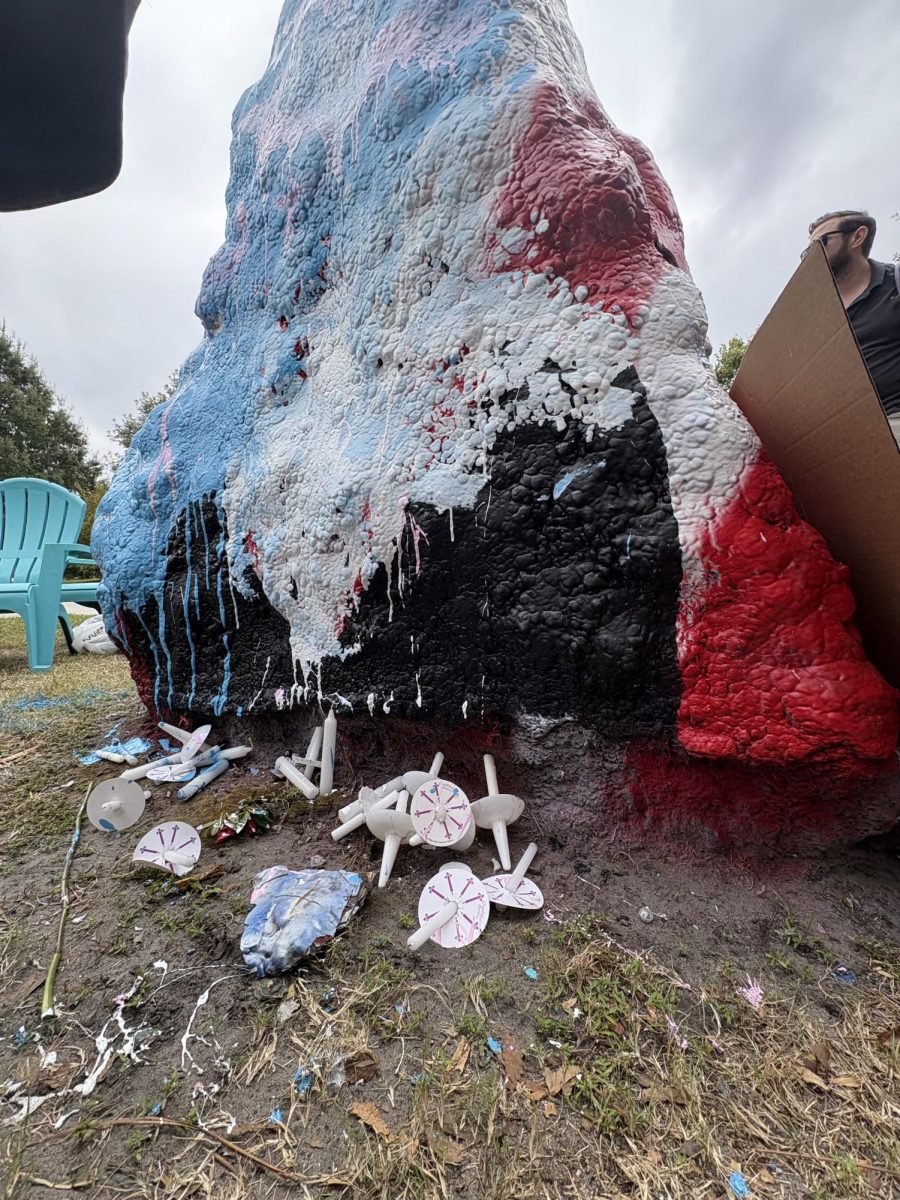
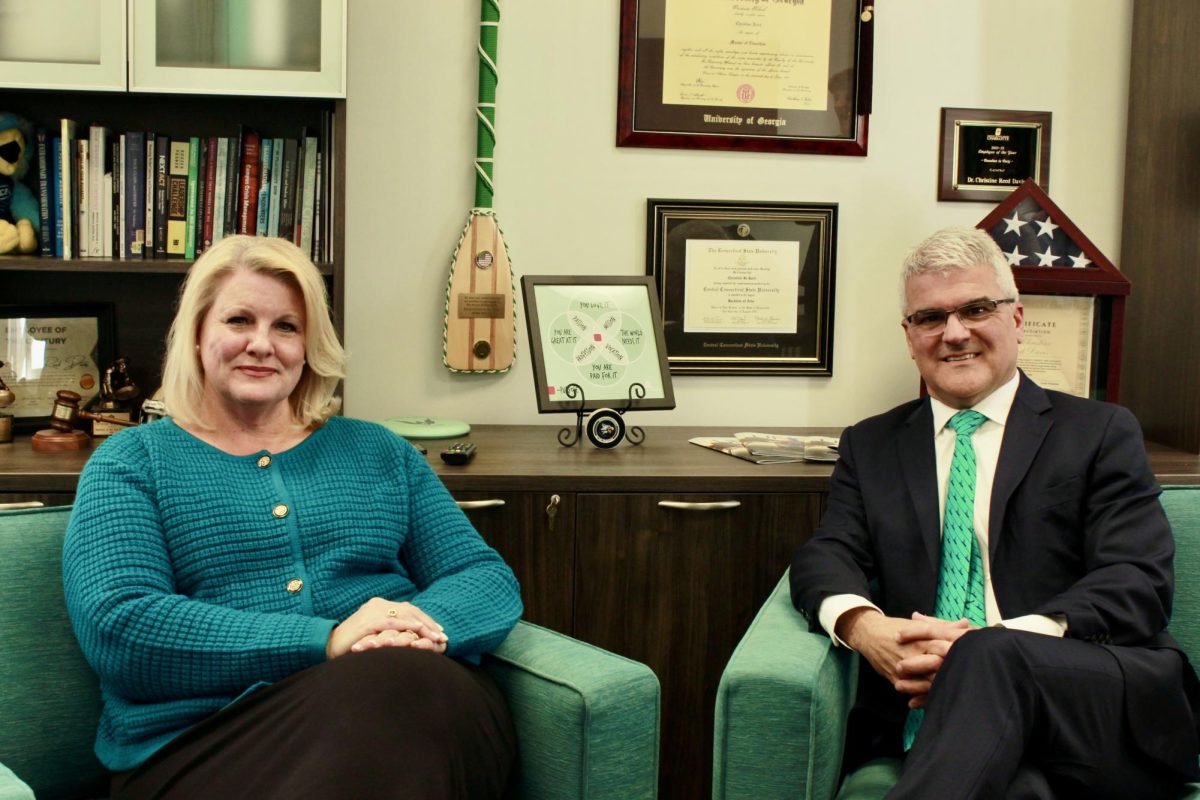

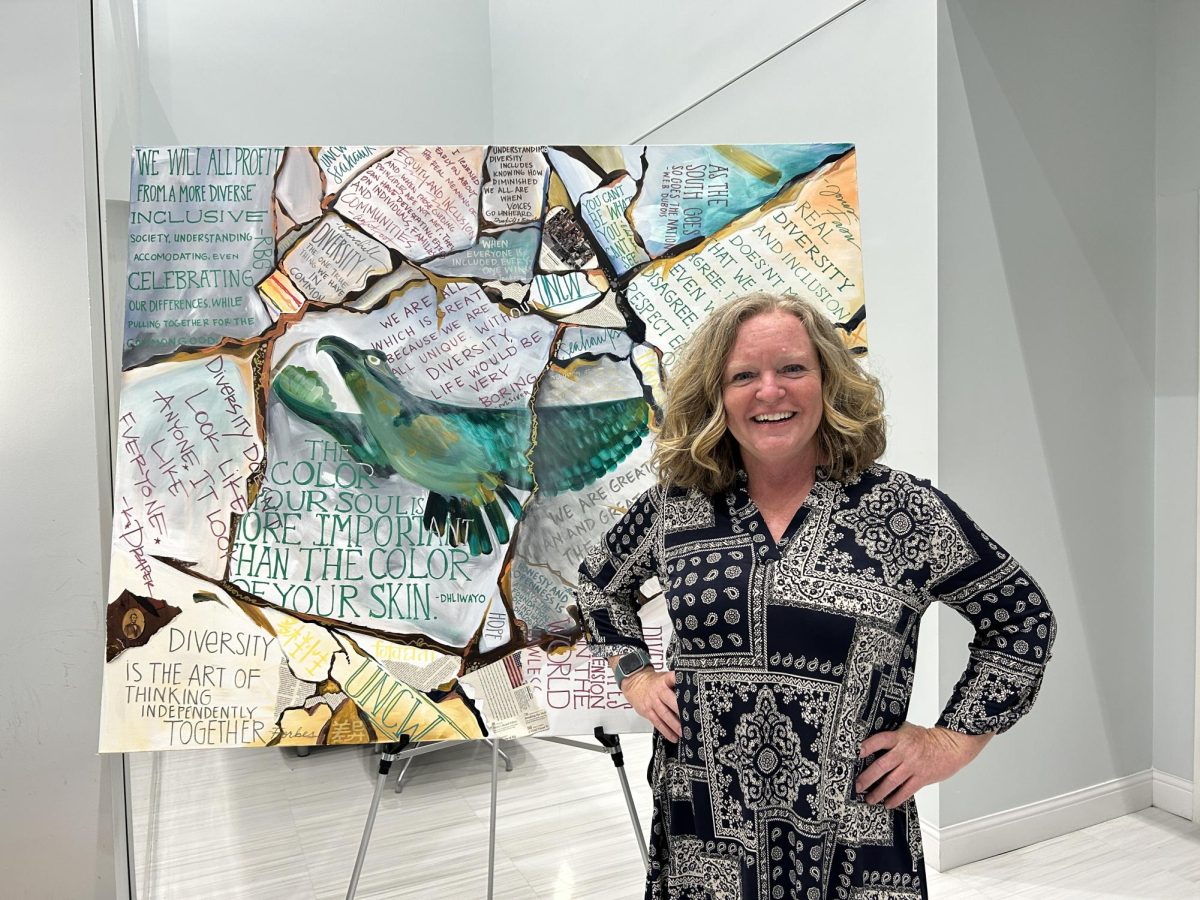
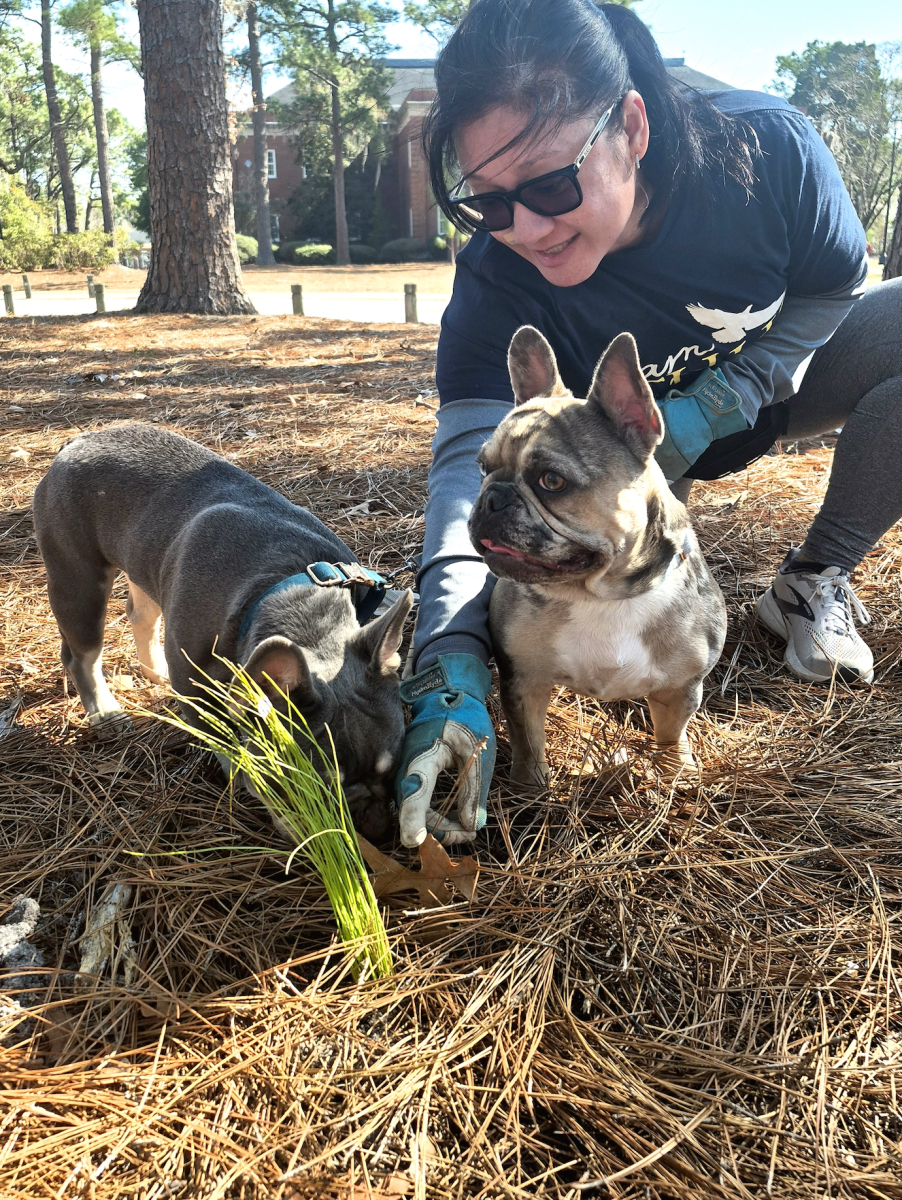

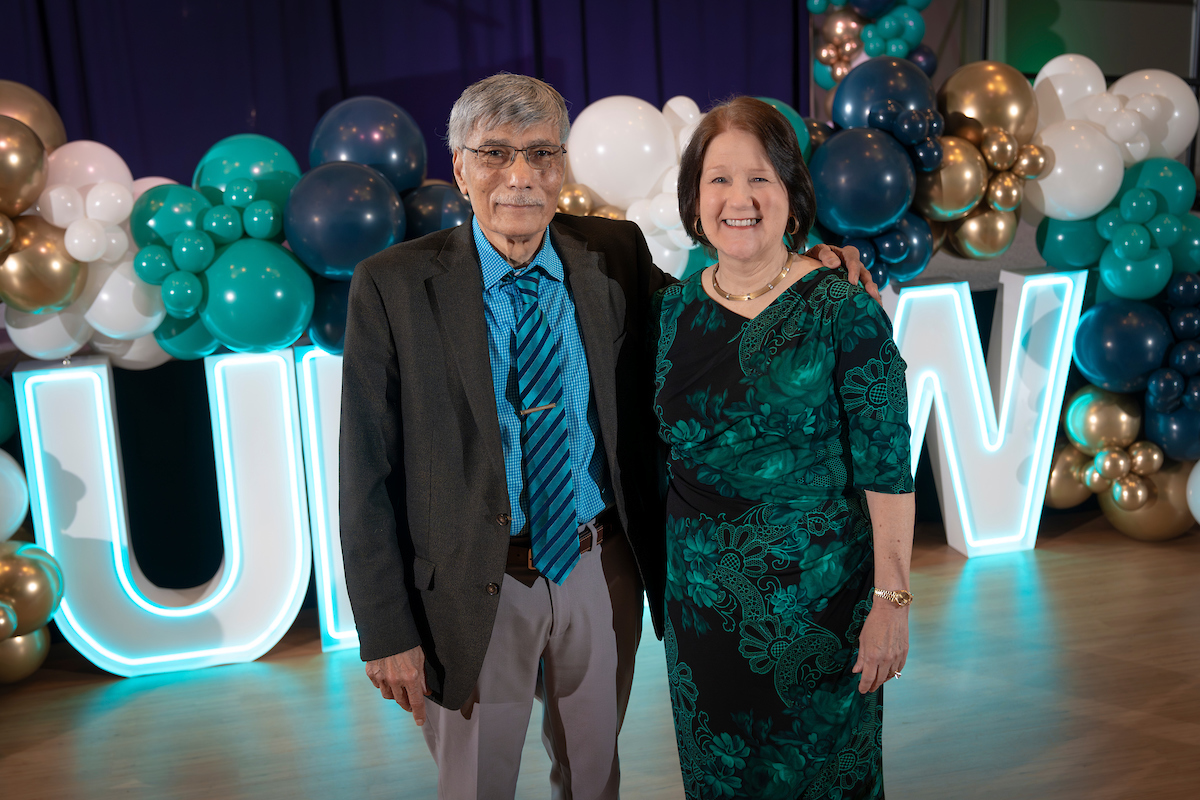


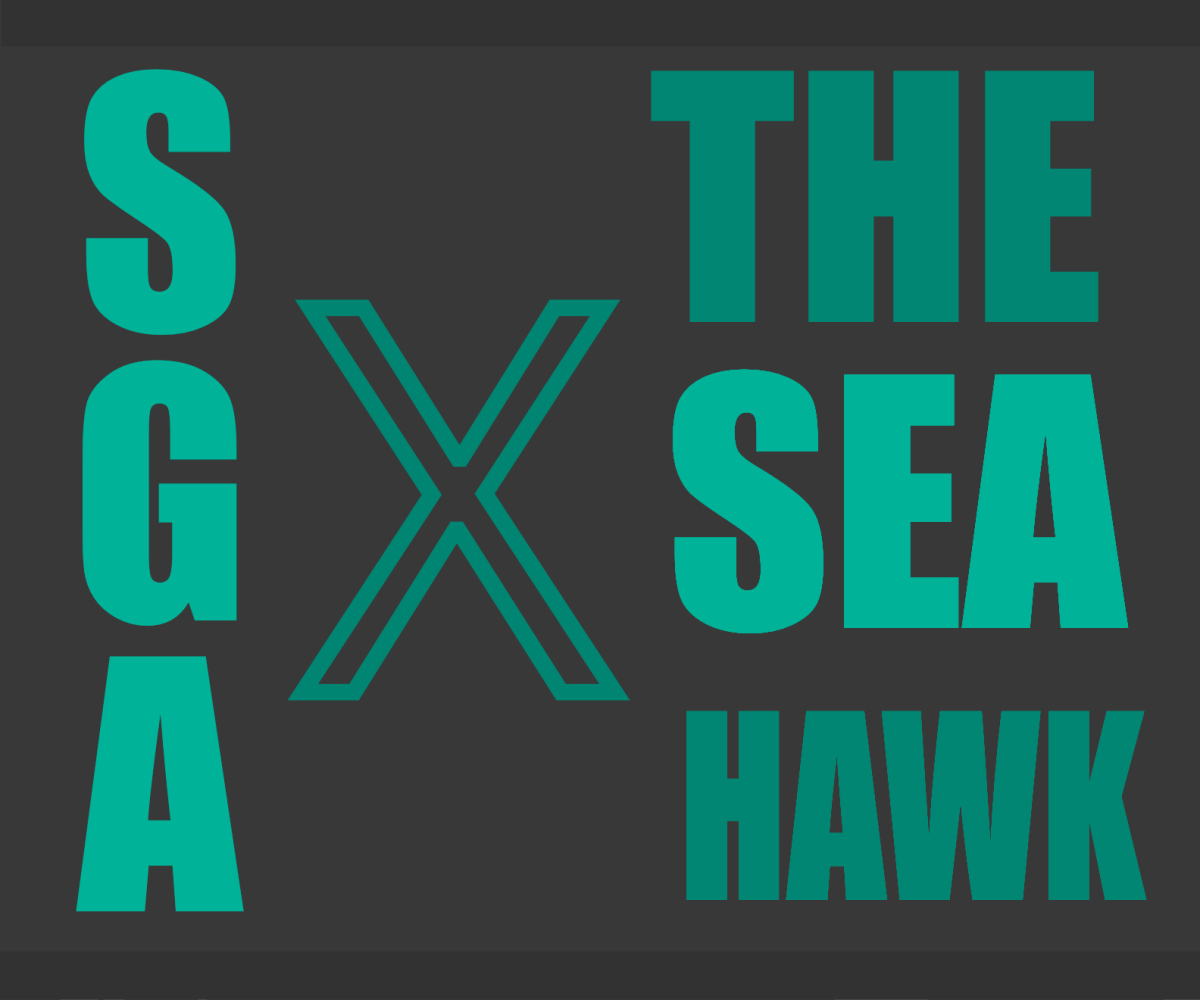
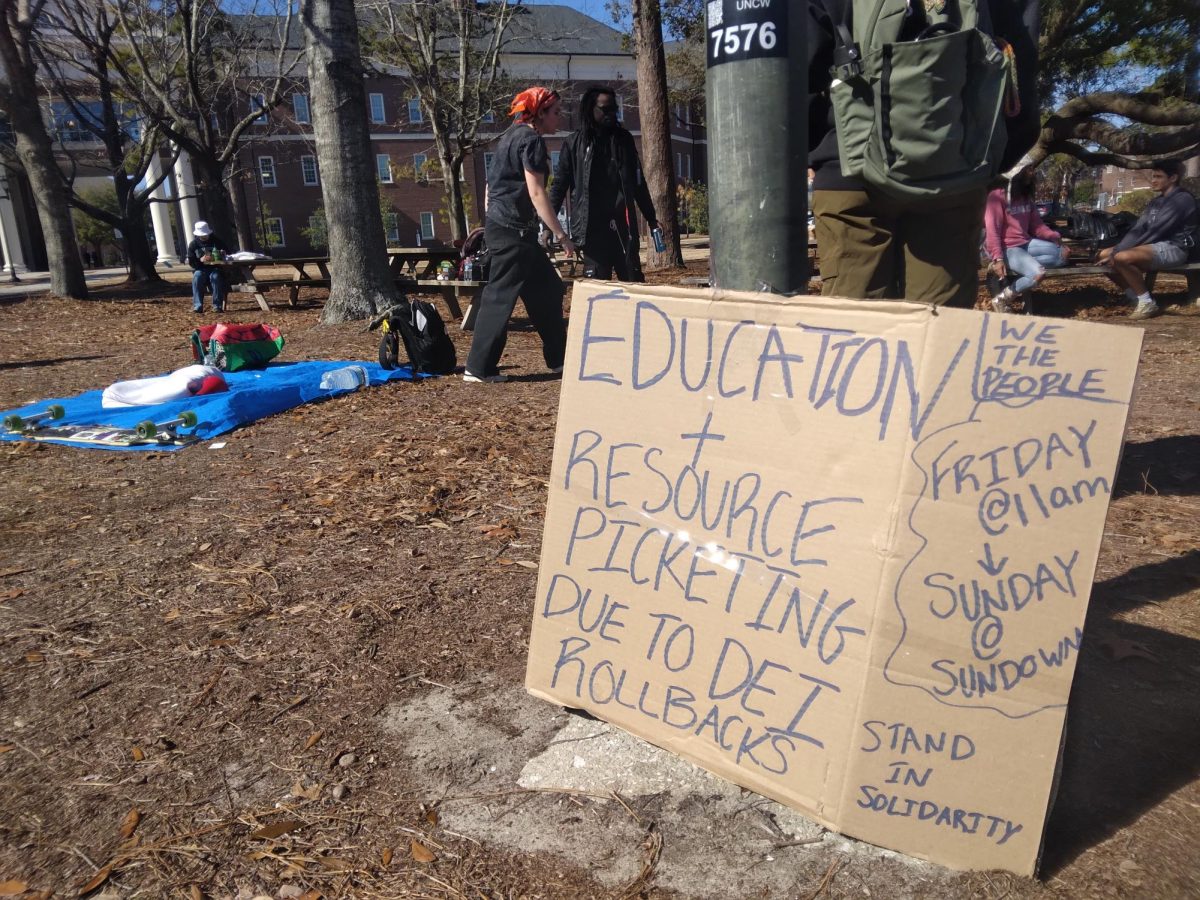


Jen Henry • Dec 15, 2024 at 9:45 pm
This article highlights the importance of equity in the STEM arena. The women featured in this article are leading the way to a more equitable future for students and professionals in the field. Really nice job!
Mia Biondi • Dec 15, 2024 at 6:39 pm
Great article by the best writer! So exciting for women in STEM!
elaina • Dec 15, 2024 at 6:19 pm
Inspiration queen!!!
Ashley Becker • Dec 15, 2024 at 6:12 pm
Awesome article!!! Love it !!!